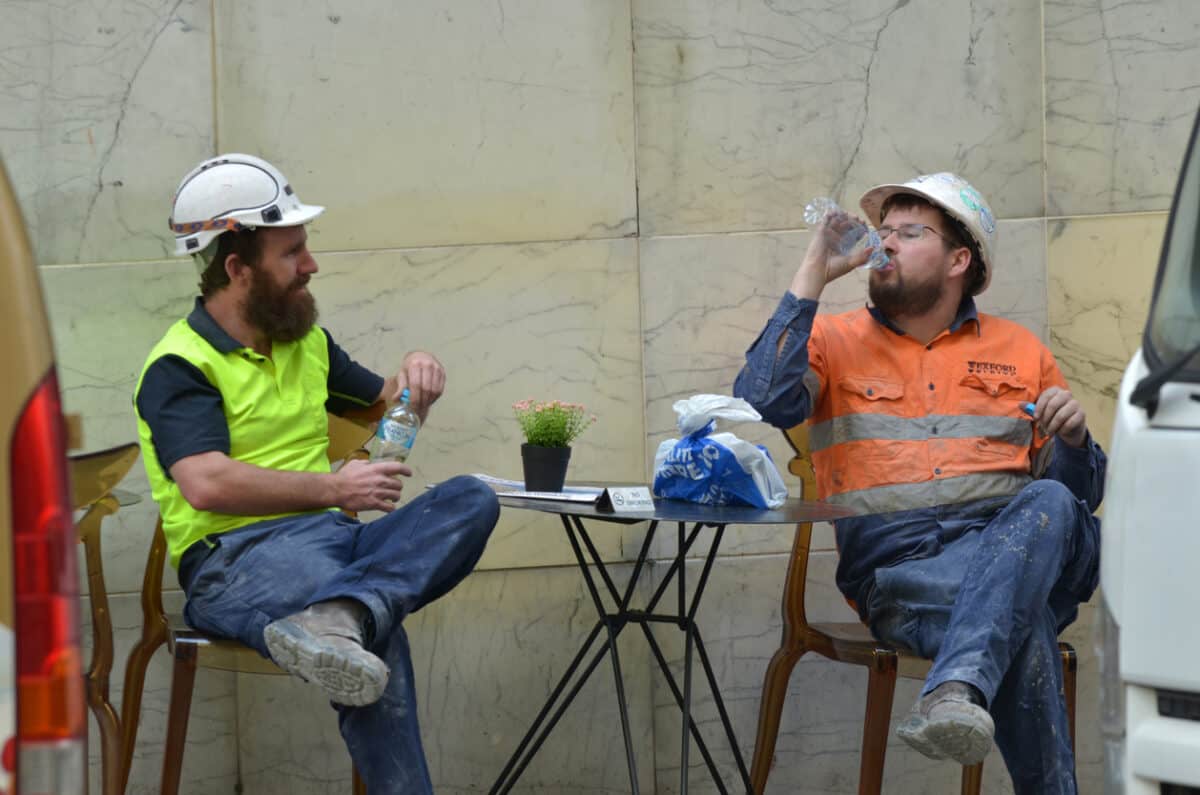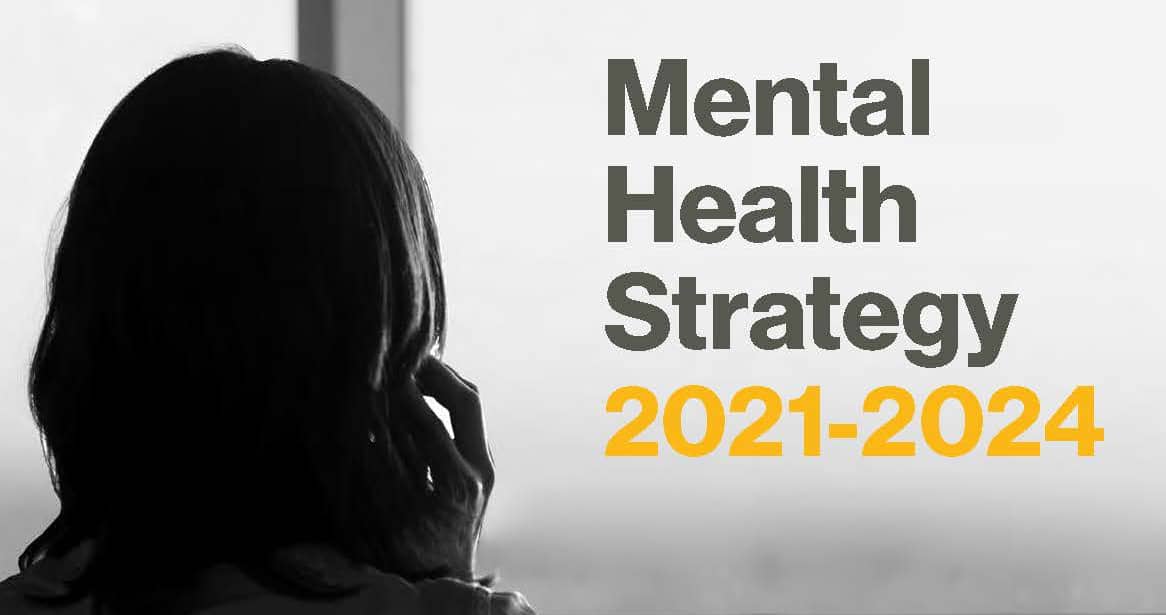Earlier this week, I paused an article on corporate burnout which used a media release from the Banyan Health Group as the catalyst. The group chose not to respond to some challenging questions but later reversed their position. Below are the responses of Ruth Limkin – CEO of The Banyans Healthcare Group to those questions. I thank Ruth and her team for their support
SAWB: The media release mentions chronic stress risk factors of “increased absenteeism, disconnected employee relationships, heavy workload and tight deadlines” and “longer hours”. The World Health Organisation has written that “Burn-out refers specifically to phenomena in the occupational context and should not be applied to describe experiences in other areas of life”. What can an executive manager do to reduce or eliminate these factors and thereby reduce the need for personal psychological interventions? Should the businesses change the way they do business and change the expectations that they place on executives?







